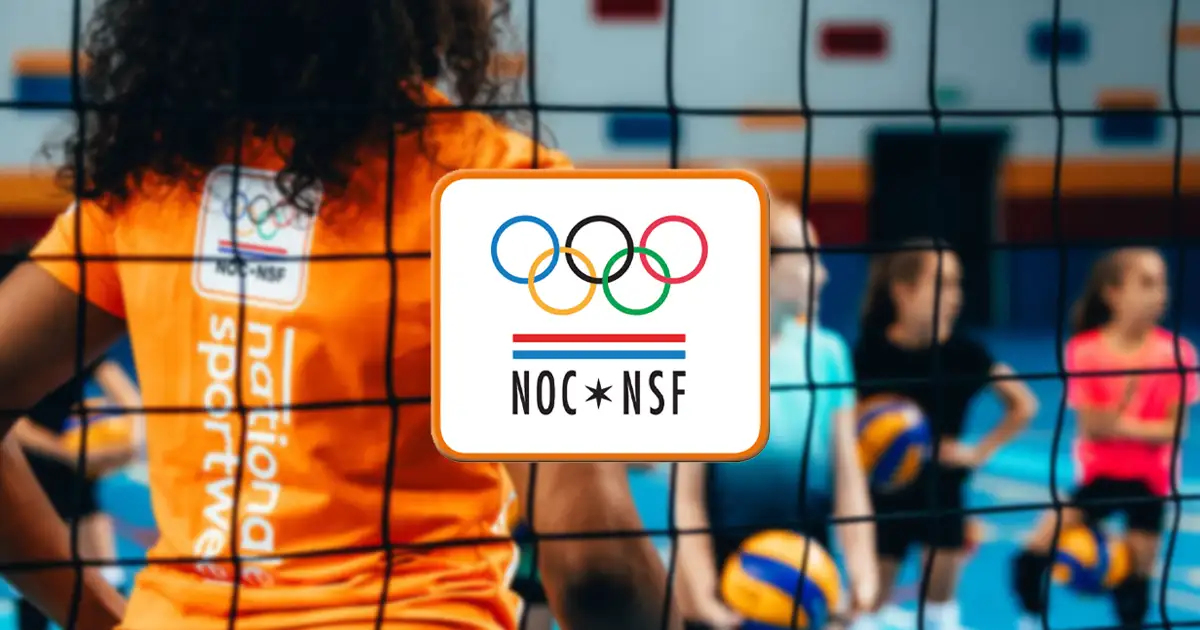Olympic organization demands lower gambling tax
The future of Dutch sports looks bleak. Due to measures in the outline agreement of the new formed Dutch government, basic funding is threatened to decrease by more than €12.5 million per year. This is evident from a calculation by NOC*NSF. In particular, the increase in gambling tax has major consequences for the lottery’s contribution to organized sports.
Increase in gambling tax causes concern
One of the most striking measures is the increase in gambling tax by 7.3%. As a result, the lottery’s contribution to sports is expected to decrease from €52 million to €39.5 million. This is a loss of €12.5 million per year, which has an enormous impact on the funding of sports clubs and associations in the Netherlands.
Other measures threaten the sport
In addition to the gambling tax, there are a number of other measures in the agreement that affect the sports sector. For example, a 10% budget cut is being introduced for the transfer of specific benefits to municipalities. There are also no investments in top sports, compulsory social service is being abolished, the budget for schools and the environment is being reduced, and VAT on tickets for sporting events is increasing. All these developments threaten the quality and affordability of sport in the Netherlands.
Missing opportunities
NOC*NSF is disappointed that the agreement does not pay attention to the major challenges facing the sports sector, such as regulatory pressure, lack of space, and sustainability. It is precisely in these areas that the organization sees great opportunities for the future of sport. NOC*NSF therefore hopes that there will be attention for these themes in discussions with the future cabinet.
Sports clubs and associations in trouble
The financial pressure created by the measures in the outline agreement is particularly felt by the sports federations and clubs. The reduction in the contribution from the Dutch Lottery hits them directly in the wallet. This will lead to less support for clubs in maintaining their infrastructure, organizing activities and guiding athletes. Top sports programs will also come under pressure as a result.
NOC*NSF calls to take action
NOC*NSF calls on politicians to guarantee the basic funding of organized sport in the Netherlands. The organization is calling for a review of the proposed increase in gambling tax. NOC*NSF emphasizes that sport has an important social value and that investments in the sector are essential for a healthy and vital society.


